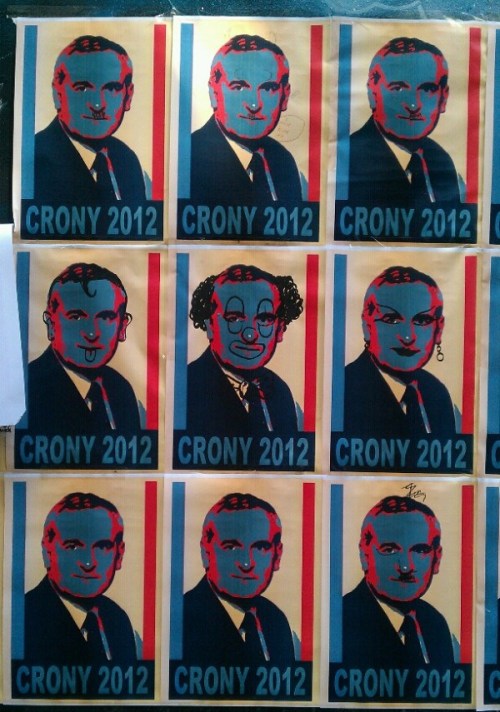To hide reports from the public is a form of corruption. The right to information is a basic right under our constitution. We don’t want the shock of being told that the our Foreign Reserves have dried up.
Zitto Kabwe, MP for Kigoma North, lays into the Central Bank on his blog today – and his accusations are pretty serious.
His core allegation is that Tanzania’s international reserves – foreign currency held by the state – are drying up, with the equivalent of just one month’s imports remaining. To be accurate he says it is a rumour he has heard. Generally, reserves equivalent to the value of three months imports are recommended (or so the IMF tells me), though Tanzania’s reserves have been hovering around five months equivalent in recent years.
His second allegation is that the Central Bank of Tanzania is deliberately concealing economic statistics – the most recent Monthly Economic Review is from December 2011 and that most recent inflation figure available from them is for November 2011. This seems pretty late. Is that their usual schedule? I hope not.
[The reports from recent months] are concealed deliberately – the Central Bank has them. This is negligence. The country pays bank staff fat salaries to do this work. Companies have been awarded tenders to print these reports. If the reports are not published, it is a theft to which we cannot close our eyes.
He closes with an ultimatum to Central Bank Governor Benno Ndullu: reports for all months up to April 2012 should be up on the site by May 14.
If his central allegation is correct, we are going through dramatic times. The most recent “months of imports” figure for the level of reserves is 5.3, for December 2010, a number that had been steady for the five years prior to that. One year on, and Tanzania’s trade balance had worsened by almost 100 percent to a deficit of TZS 8.5 trillion. In March of this year the government requested Balance of Payments support from the IMF, under a Standby Credit Facility. None of these are good signs.
The headline figures for reserves, trade balance and balance of payments conceal much. Oil imports for the emergency power plan, attempts by the Central Bank to stabilise the currency, rotting cashew nuts in the south and the invasions of commercial farms in the north: all of these affect those three numbers. But without those numbers, we can’t fully make the connections.
Zitto Kabwe makes the obvious connection to Tanzania’s Open Government Partnership commitments:
While the President is assuring the international community on on government transparency (#OGP), an institution like the Central Bank is concealing information that is crucial to the people and to those following public affairs. The President says Blue, while the Governor oversees Green.
Most recent reports are available here.
Update:
Remarkably, since Zitto Kabwe’s post this morning and me writing the above this afternoon, the Monthly Economic Reviews for January and February 2012 are up on the BoT site. Mind you, the January report is a 34 MB monster. I’m still downloading it. If it changes anything above, I’ll amend….




